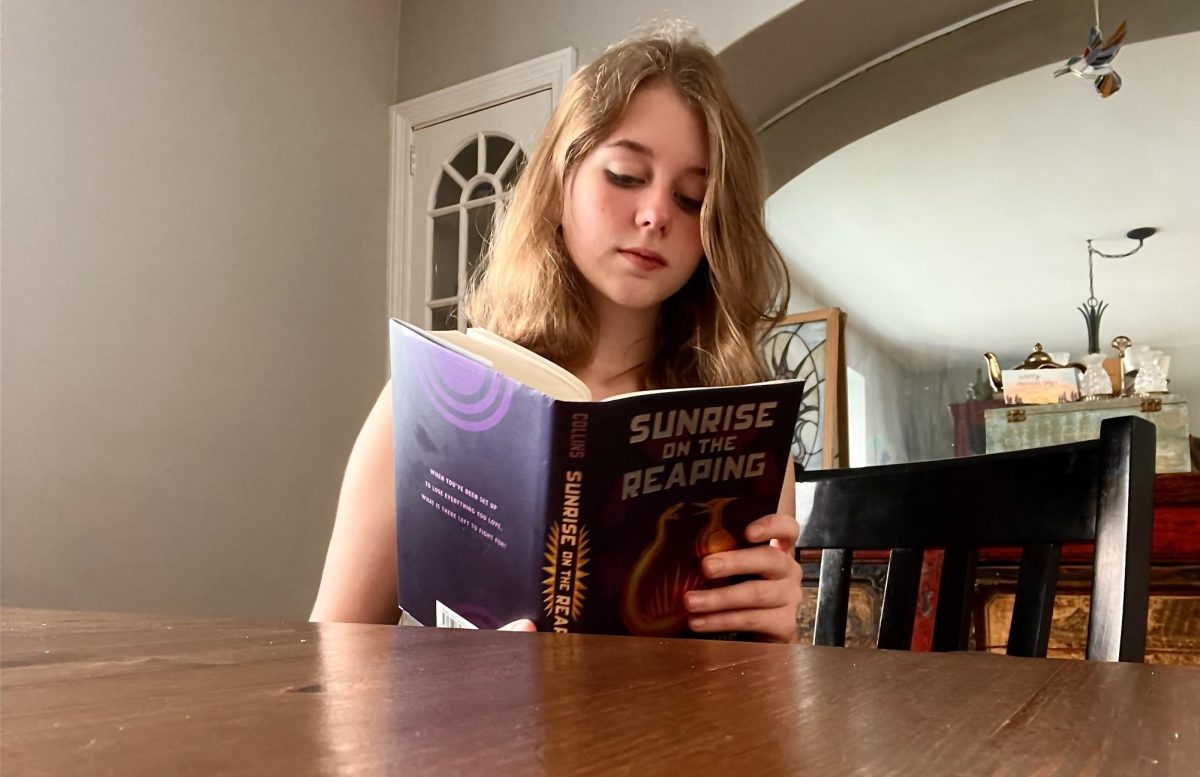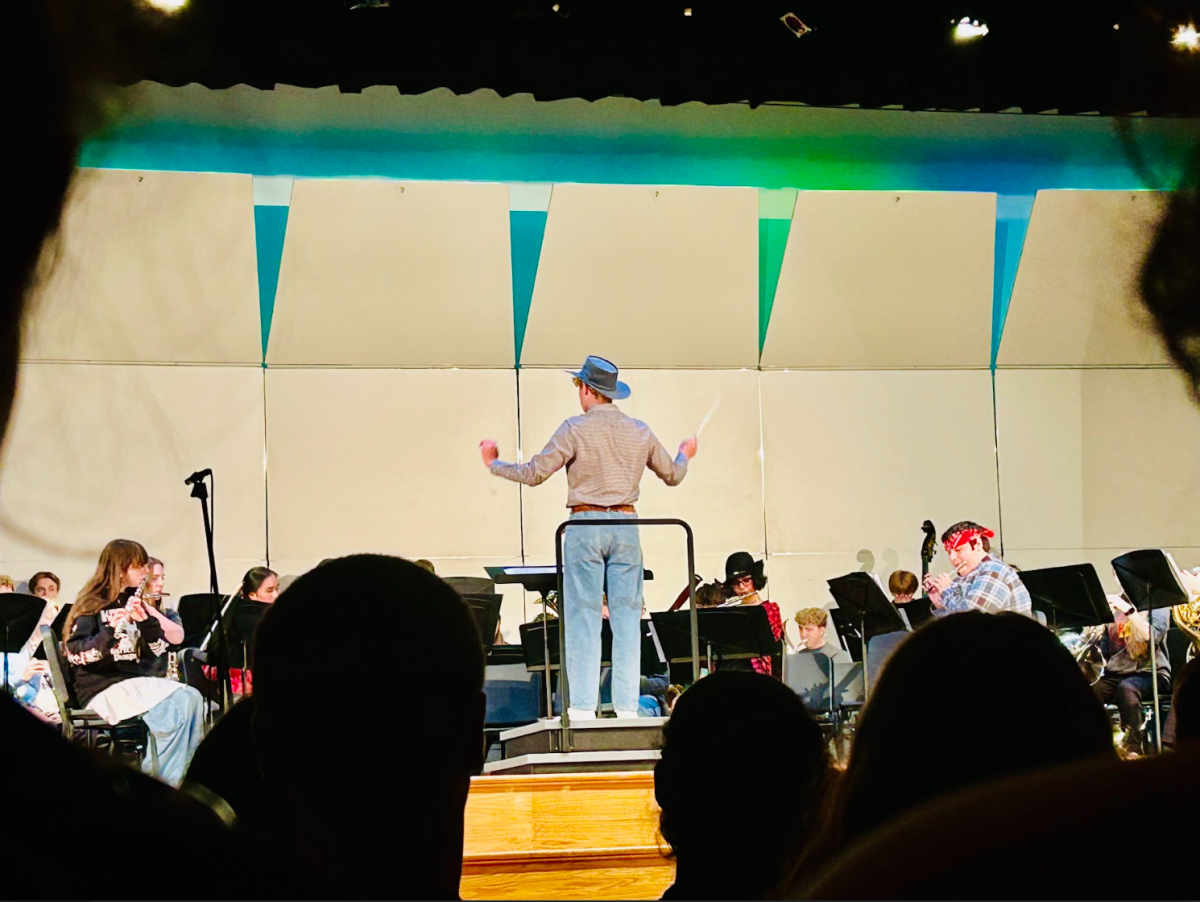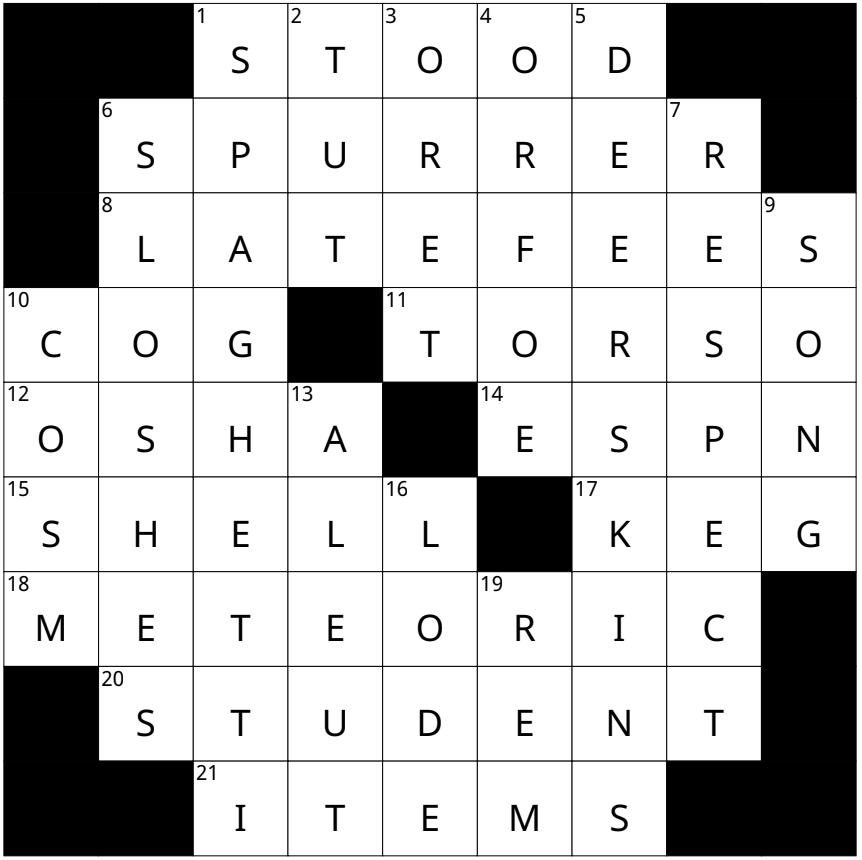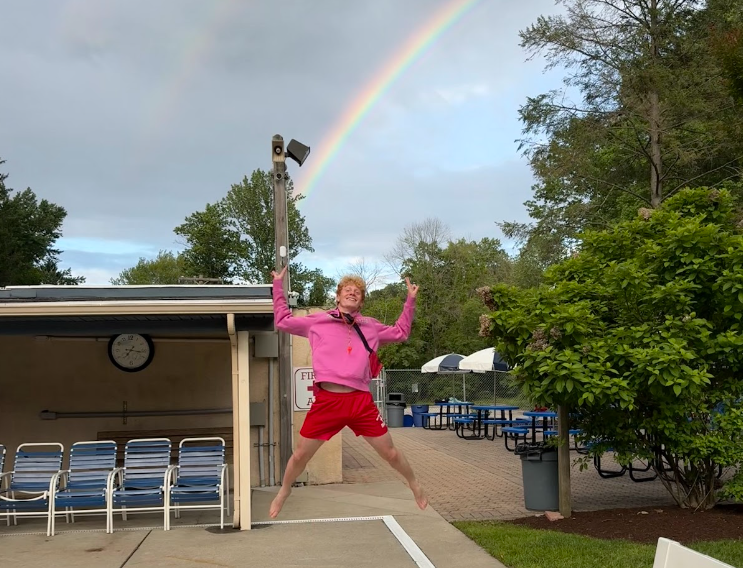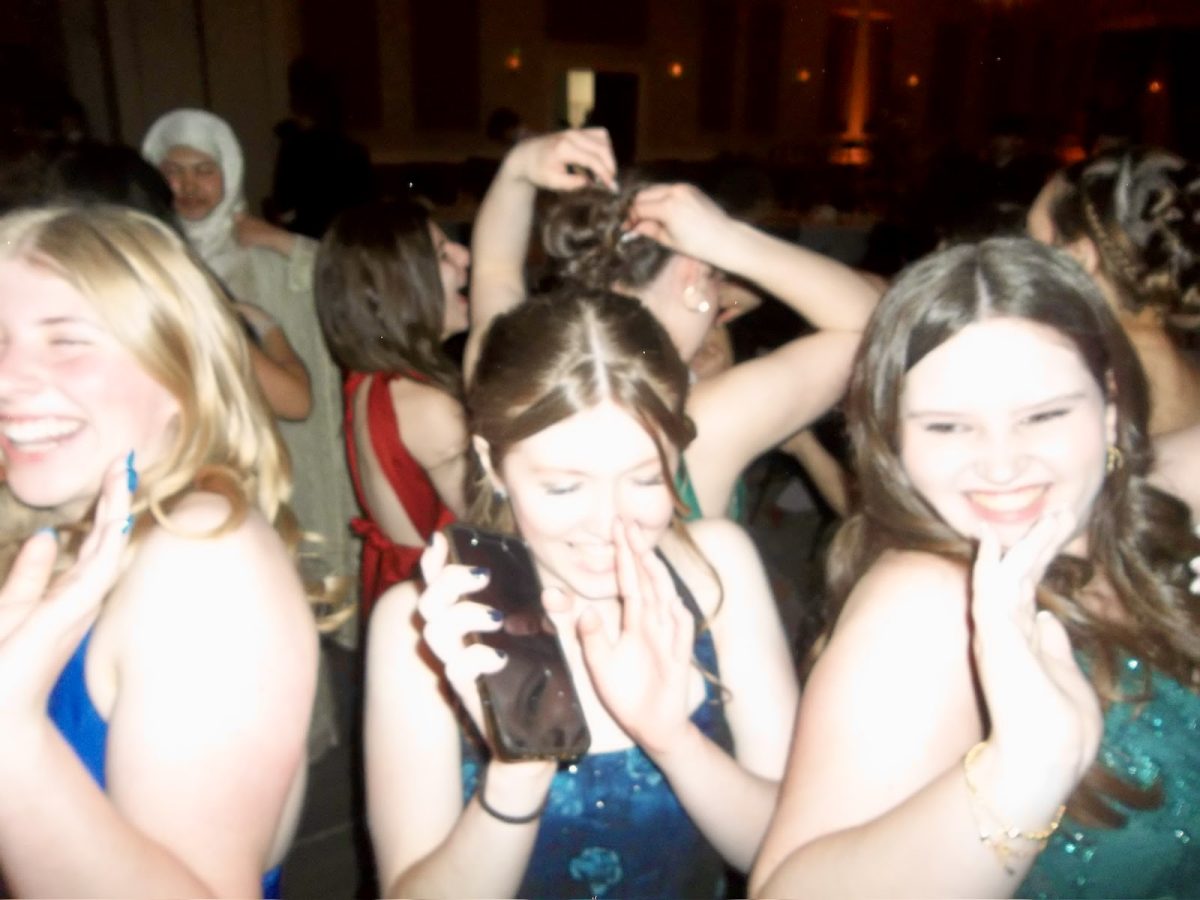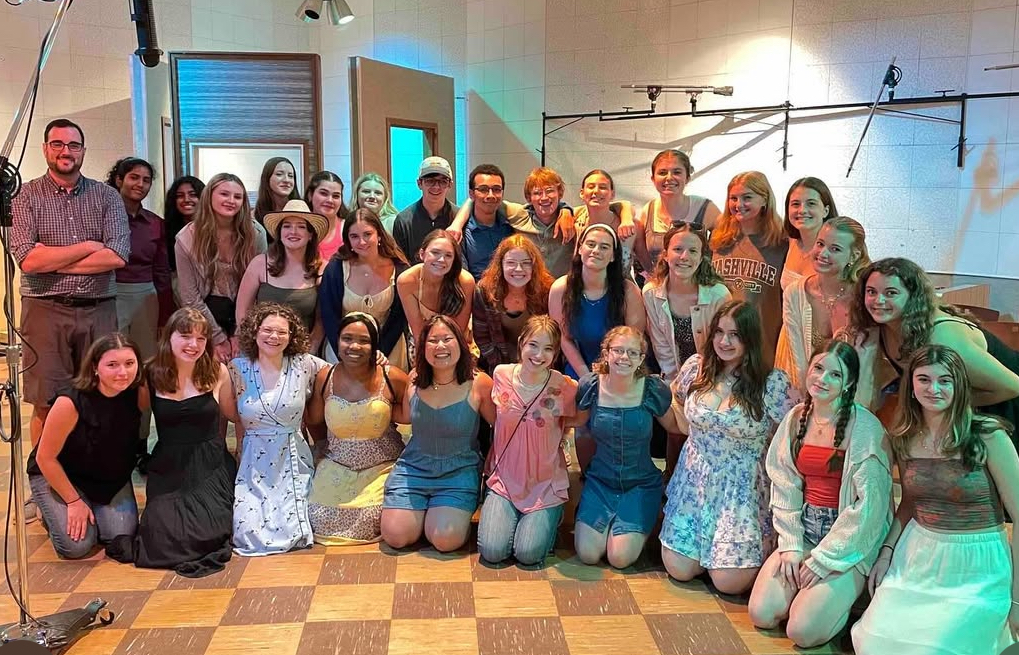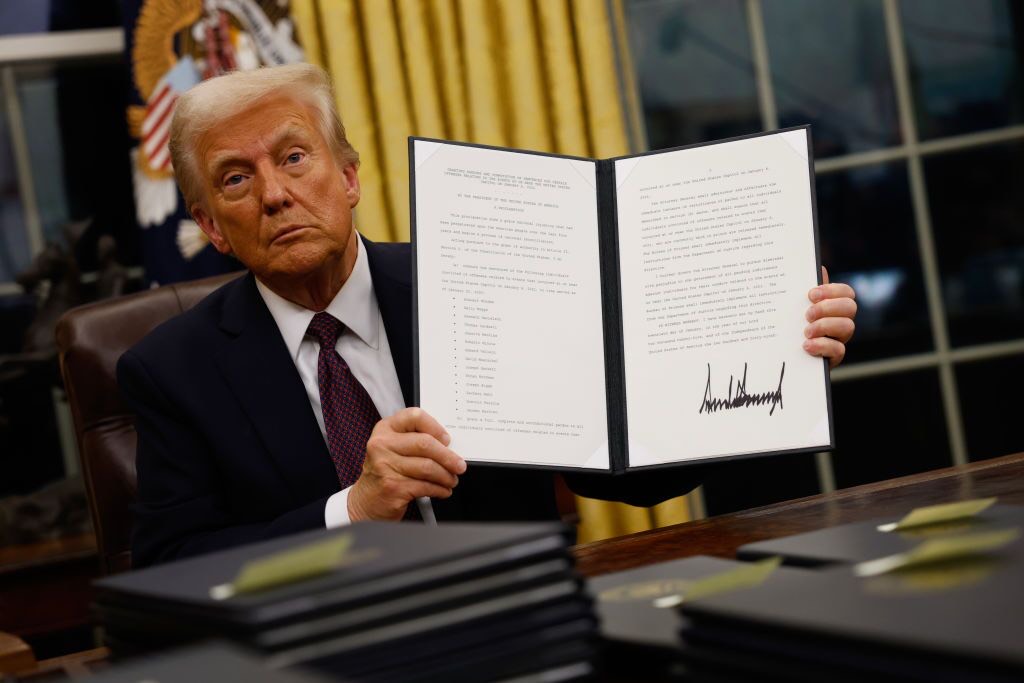If you’ve followed the trajectory of Bruce Springsteen’s music for any amount of time, you know the basis of his subject matter. 2012’s Wrecking Ball took on the problems of the American workingman (at that time famously dubbed the 99%): shady Wall Street businessmen, long work days, and the hope that their paycheck will be enough to sustain their families. He wrote the album in the midst of the Occupy Wall Street movement, and you can tell; the album is relatable to those affected by the actions of the wealthy businessmen.
That same persona is prevalent throughout the rocker’s latest effort High Hopes, though less angry and pointed. The title track (also the first on the album), a Havalinas cover, features soulful harmonies and an uptempo chorus where Springsteen warns listeners “Don’t you know these days you pay for everything.”
Some have criticized Springsteen for the integrity of the content on High Hopes. The album opens and closes with covers, and many tracks are rejuvenated cuts from past recording sessions, but those that Springsteen picked stick closely to his ethos as a musician and songwriter. High Hopes does not lose sight of why many have cherished Springsteen’s music.
An impressive guest on the album, Rage Against the Machine’s Tom Morello, shows up on re-visited highlight “The Ghost of Tom Joad” a live-staple of Springsteen shows for years. Originally an acoustic number on the album of the same name, Rage Against the Machine gave the song electrified life in 1997, and today, with Tom Morello sharing vocal and guitar duties on the 2014 re-release.
High Hopes is not meant to shock audiences as Wrecking Ball did, and it may not be one of Springsteen’s adored albums in the years to come, but it certainly belongs in his discography as a late-career profile of one of America’s great songwriters.



